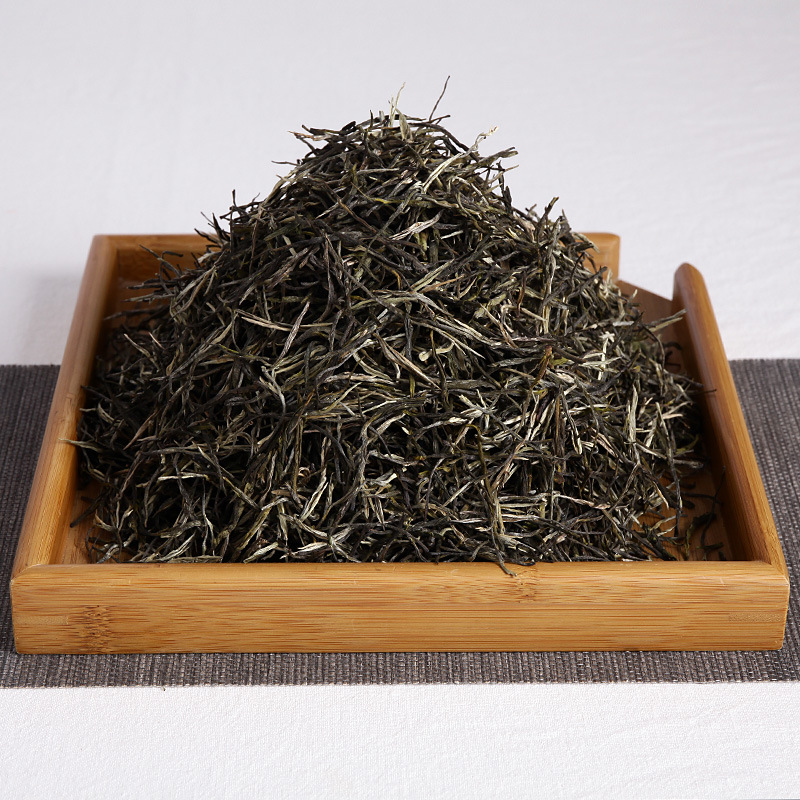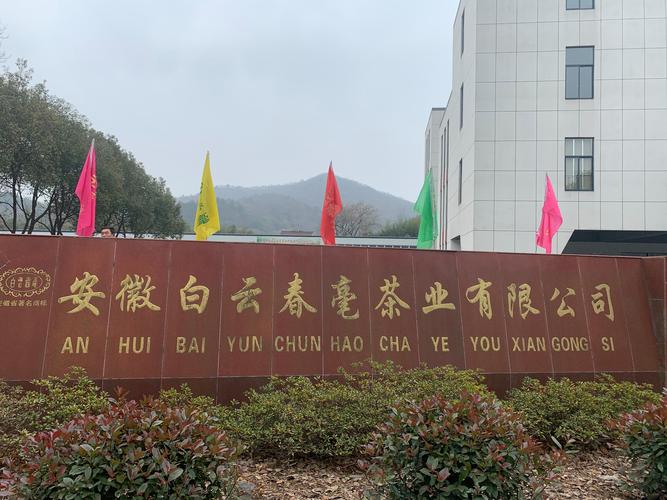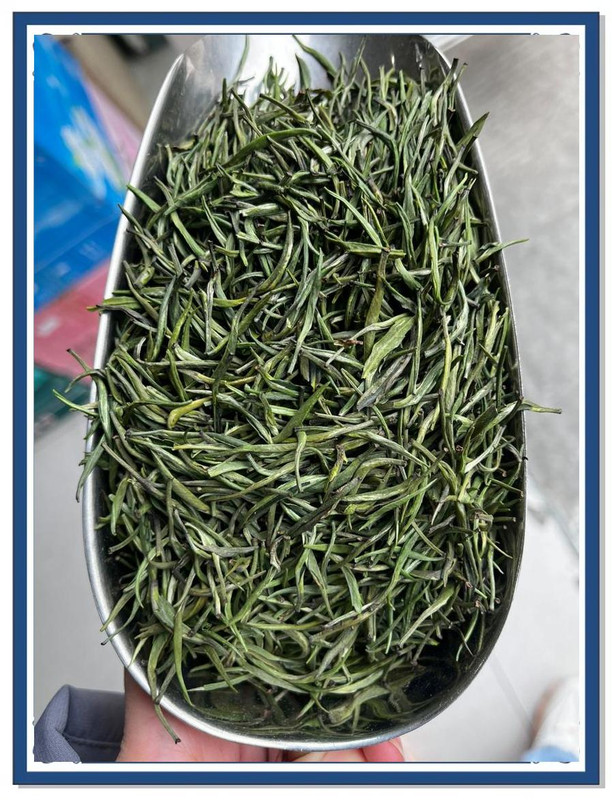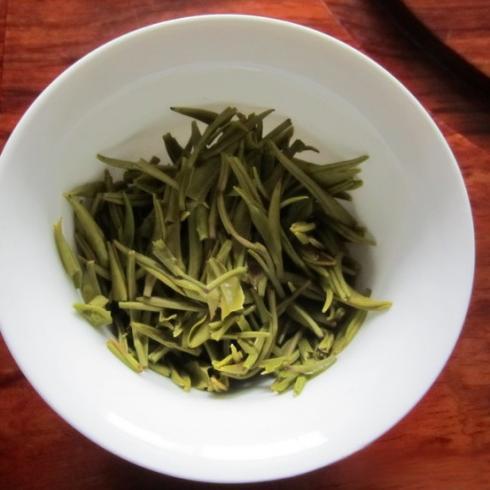Nestled in the mist-clad mountains of Yunnan Province, China, emerges a tea that captivates with its slender silhouette and ethereal fragrance: 九山云针 (Jiǔshān Yúnzhēn), or “Nine Mountains Cloud Needle.” This premium green tea, honored as one of Yunnan’s six famous teas since 1984, embodies centuries of craftsmanship and the harmonious marriage of nature and human artistry.

Historical Roots and Geographical Origins
The story of Jiushan Yunzhen began in 1954 when Chinese tea masters adapted Japanese “Gyokuro” processing techniques to create a unique brew. Initially named “Jade Dew Tea,” it underwent a transformative evolution in 1958, replacing steam sterilization with pan-frying and hybrid roasting methods. Renamed “Cloud Needle Tea” in 1979, it symbolizes Yunnan’s innovation in tea craft.
Grown exclusively in Mojiang Hani Autonomous County, the tea thrives in a subtropical highland climate at elevations of 1,300–1,800 meters. Mist-shrouded slopes, red laterite soils, and abundant rainfall—averaging 1,200 mm annually—create an ideal ecosystem. The region’s biodiversity, with ancient camphor and cherry blossom trees, imparts the tea with its distinctive floral undertones.
Artisanal Production: From Leaf to Needle
Jiushan Yunzhen’s creation is a six-hour labor of love, meticulously executed through six stages:
- Plucking: Only tender buds and one leaf are harvested, with the bud accounting for 60% of the yield.
- Pan-Frying (Sha Qing): Fresh leaves are stir-fried in woks at 200–220°C to halt oxidation, preserving emerald hues and fresh grassy aromas.
- Initial Rolling: Mechanical rollers gently shape the leaves, initiating the needle-like form.
- Hand Shaping: The defining stage involves three intricate steps:
- Threading & Twisting: Straightening curved leaves into uniform strands.
- Grinding & Rolling: Achieving 80% straightness through rhythmic palm pressure.
- Kneading & Polishing: Crafting slender, glossy “needles” with a 7% moisture content.
- Air-Drying: Needles are spread on bamboo trays until completely dry (7% humidity).
- Refinement: Final sorting removes impurities, followed by a gentle roast to lock in aroma.
Aesthetic and Sensory Profile
The finished tea dazzles with its appearance: needle-straight, jade-green strips coated in silvery fuzz, resembling dew-kissed pine needles. Brewed at 80°C, it unfurls to reveal:
- Aroma: Fresh orchid and chestnut notes with a hint of seaweed.
- Liquor: Luminous yellow-green, crisp and viscous.
- Flavor: A symphony of sweetness and umami, balanced by a lingering chestnut finish.
- Leaves: Plump, emerald-green buds with intact silver tips.
Brewing Ritual
To honor its complexity:
- Use 3–4g of tea (1 tsp) per 150ml glass or porcelain vessel.
- Pre-warm the pot with 80°C water, discard, then add leaves.
- Infuse for 1–2 minutes, adjusting for subsequent brews.
- Observe the “dancing needles”—leaves that stand erect before settling gracefully.
Authenticity and Grading
Genuine Jiushan Yunzhen is distinguished by:
- Appearance: Uniform, slender needles without broken tips.
- Color: Vibrant jade-green hue (not dull or yellowed).
- Aroma: Fresh, not grassy or stale.
Grading follows strict standards:
- Supreme Grade: Entirely composed of silvery buds (≥50,000 tips/kg).
- Special Grade: One bud with a tender leaf (≥30,000 tips/kg).
- Premium Grade: One bud with two leaves.
Prices range from ¥800–¥1,500/500g for supreme grades, reflecting its labor intensity and limited yield (≈20kg per mu annually).
Healthful Elixir
Rich in catechins (32–38%) and L-theanine, Jiushan Yunzhen offers:
- Antioxidant defense against free radicals.
- Metabolic support, aiding weight management.
- Mental clarity, with 30–40mg caffeine per cup.
- Oral health benefits, inhibiting plaque bacteria.
Legacy and Contemporary Reverence
Jiushan Yunzhen transcends its role as a beverage—it is a cultural artifact. The Mojiang Tea Museum preserves 1950s processing tools, while annual “Cloud Needle Festivals” celebrate harvests with Hani folk dances. As climate-resilient cultivars emerge, this tea remains a testament to Yunnan’s agrarian heritage, its needle-like leaves piercing through time to delight modern palates.
In every sip, one tastes not just tea, but the mist of Nine Mountains, the patience of generations, and the enduring spirit of Yunnan’s tea masters.



